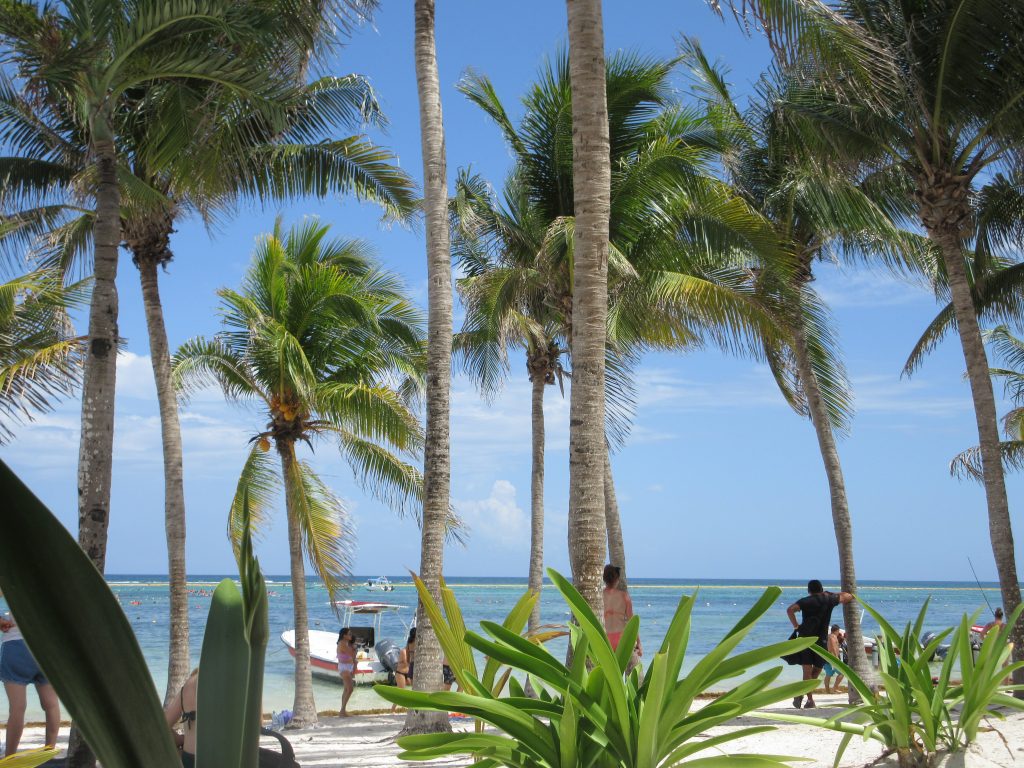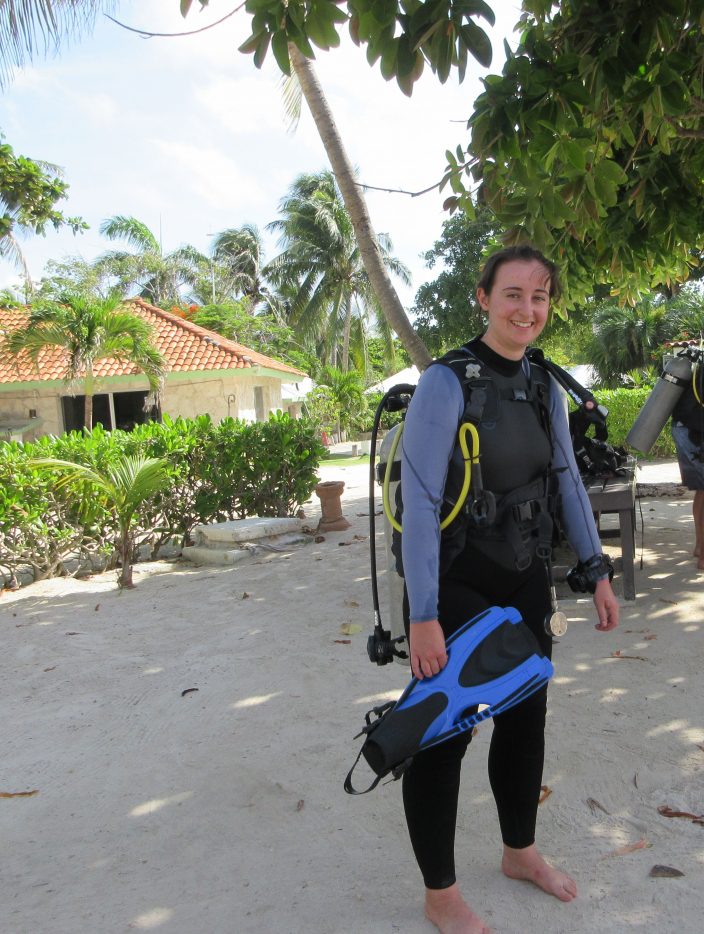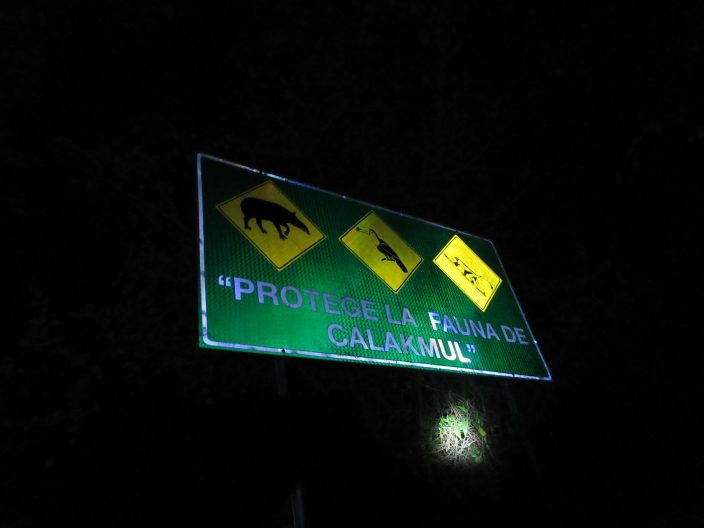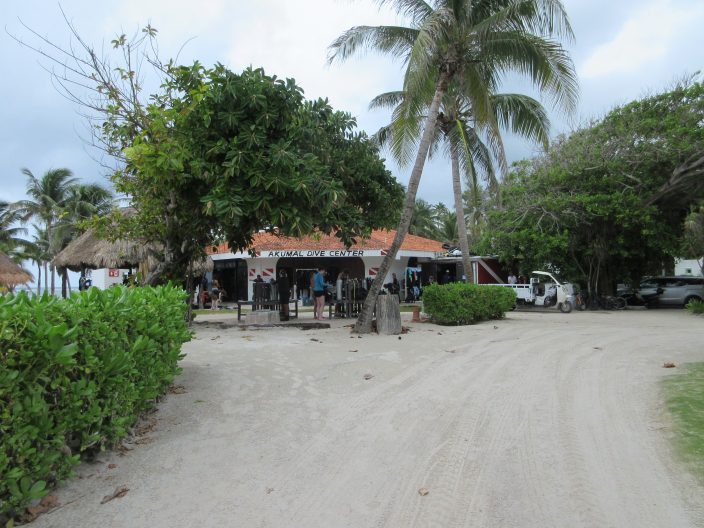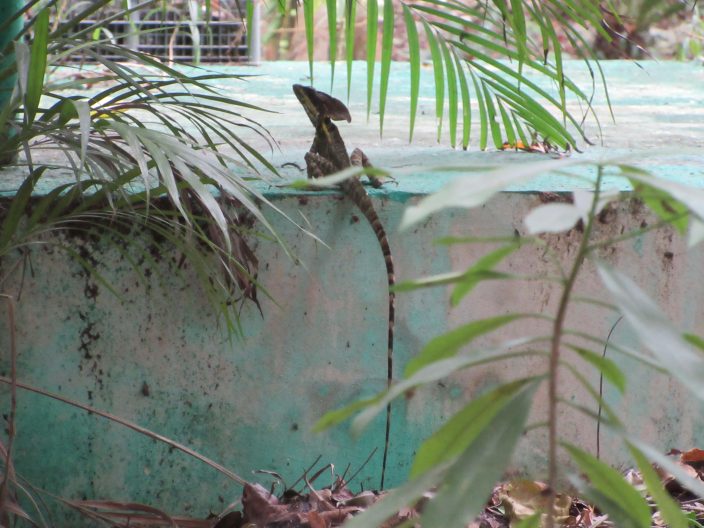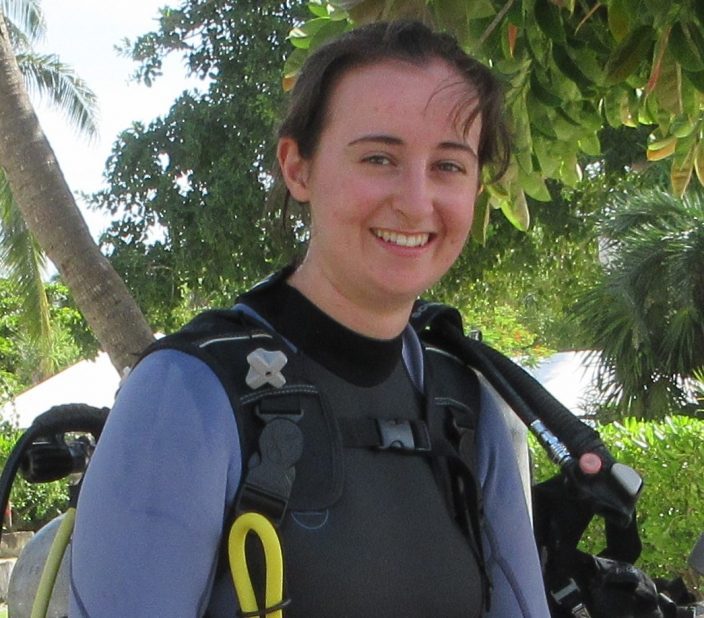Imagine you are sitting in a mini-van, itchy from head to toe with mosquito bites and are wearing a beaming smile on your face. You have just spent three weeks living and working in the jungle. This is how I arrived at Akumal, ready to begin the marine section of my expedition to Mexico.
My name is Elizabeth Earley and I am a bat-mad, deer-studying Zoology student at University College Dublin. In the summer of 2022 I spent six weeks volunteering as a research assistant with Operation Wallacea in Calakmul and Akumal in Mexico.
The aim of my work was to collect data that will be used for wildlife, biodiversity and climate change research. One of the studies I was involved with in Akumal was aimed at understanding the impact tourists that undertake water activities, such as swimming or snorkelling in the bay, have on the behaviour of green turtles. Previous studies have shown that the turtles, which are an endangered species, displayed stress and avoidance behaviours when the activity of tourists was unregulated. This has negative impacts on their health as they are using up their energy on moving to avoid people rather than on normal behaviours such as feeding on sea grasses and algae. Protective measures put in place included buoyed off areas in the bay for turtles only, guides giving talks on appropriate behaviour to tourists partaking in snorkelling and limiting the number of researchers allowed close enough to the turtles to study their behaviour. Our surveys, which involved swimming with a slate and non waterproof GPS (which is easier said than done let me tell you), was aimed at monitoring if the measures put in place were still having the desired effect.
We were also trained in coral and fish identification. These types of data collection will be used to monitor any changes occurring in the biodiversity of the bay. The health of the coral reefs is key for protecting the shore from harsh weather patterns which are becoming ever more frequent with climate change. These ecosystems act as buffer zones between the open ocean and the shoreline and reduce wave energy by as much as 97%. This protects people, buildings and animals from costly wave damage, flooding and erosion. Coral reefs also create ecotourism opportunities for the local communities. Bioprospection, estimating the value of a location, estimates the global coral reefs combined as worth $375 billion (€366 billion). They can however, only provide these services if they are kept in good condition.
Right now we are living in a climate and biodiversity crisis. It has been termed the 6th mass extinction in the Earth’s history with species and habitats disappearing at astronomical rates. The Intergovernmental Panel on Climate Change (IPCC), a branch of the United Nations that periodically reviews scientific studies on anthropogenic changes to the climate, have estimated that 14% of land-dwelling species are facing high risks of extinction. Other species, such as corals, which are classified as animals and are in the same phylum as jellyfish and sea anemones, are undergoing mass-die offs.
Coral reefs contain around one quarter of Earth’s biodiversity yet they face a multitude of threats including invasive species, overfishing, warming sea temperatures and acidification. Then you add unregulated tourism to the mix which can bring with it coral mining for jewellery and ornaments, nitrification and pollution. Local sewage brought directly to the sea without treatment adds huge amounts of nutrients to the water and causes overgrowth of seaweeds, macroalgae, and throws the ecosystem out of whack as there are not enough grazers to overcome this huge increase in vegetation. Pollution from suncream, deodorants and other chemicals washing off into the water also add strains to the plants and animals that reside there. Other factors that threaten coral reefs around the world are the methods of fishing that are sometimes used for the aquarium trade involve cyanide and dynamite which are tremendously destructive and have long-lasting effects on the local habitat. The bad news does not end there for coral reefs. They are one of the most challenging and expensive ecosystems to restore, making their protection ever more crucial.
Now, you may be thinking, That’s all well and good but we can’t all head off to Mexico to save the turtle and the corals. So what can you do to help the environment and support biodiversity? Well you can start small and build from there.
- Research the eco tourism companies you use at home and abroad to make sure they are legitimate and aren’t greenwashing, falsely claiming to be environmentally friendly to boost custom.
- Splitting the ring off the milk carton. A great habit to get into. It doesn’t reduce waste but it will prevent choking wildlife if it does end up in open water.
- Repair dripping taps. They will be much less annoying and save water. A win-win situation if I ever saw one.
- Meat Free Mondays. Or Tuesdays if you use leftovers from a Sunday roast for lunchboxes on a Monday. The idea is you can help reduce your carbon footprint by eating vegetarian, or go one step better and try vegan, for one day out of each week.
- Like some conservation or wildlife organisation pages on social media so you can find out about their work and upcoming events as you scroll.
There are many problems facing our natural world but there are also many solutions. Human behaviour is both the basis of these problems and solutions, so it falls on us to change our ways. By conserving the ecosystems we still have and restoring the ones we can, climate change can be mitigated and its effects limited. This will provide us with a liveable future for ourselves and future generations.
Thank you to the Irish Whale and Dolphin Group for kindly sponsoring part of my trip to Mexico and for giving me the opportunity to write this article.
Elizabeth Early, University College, Dublin

